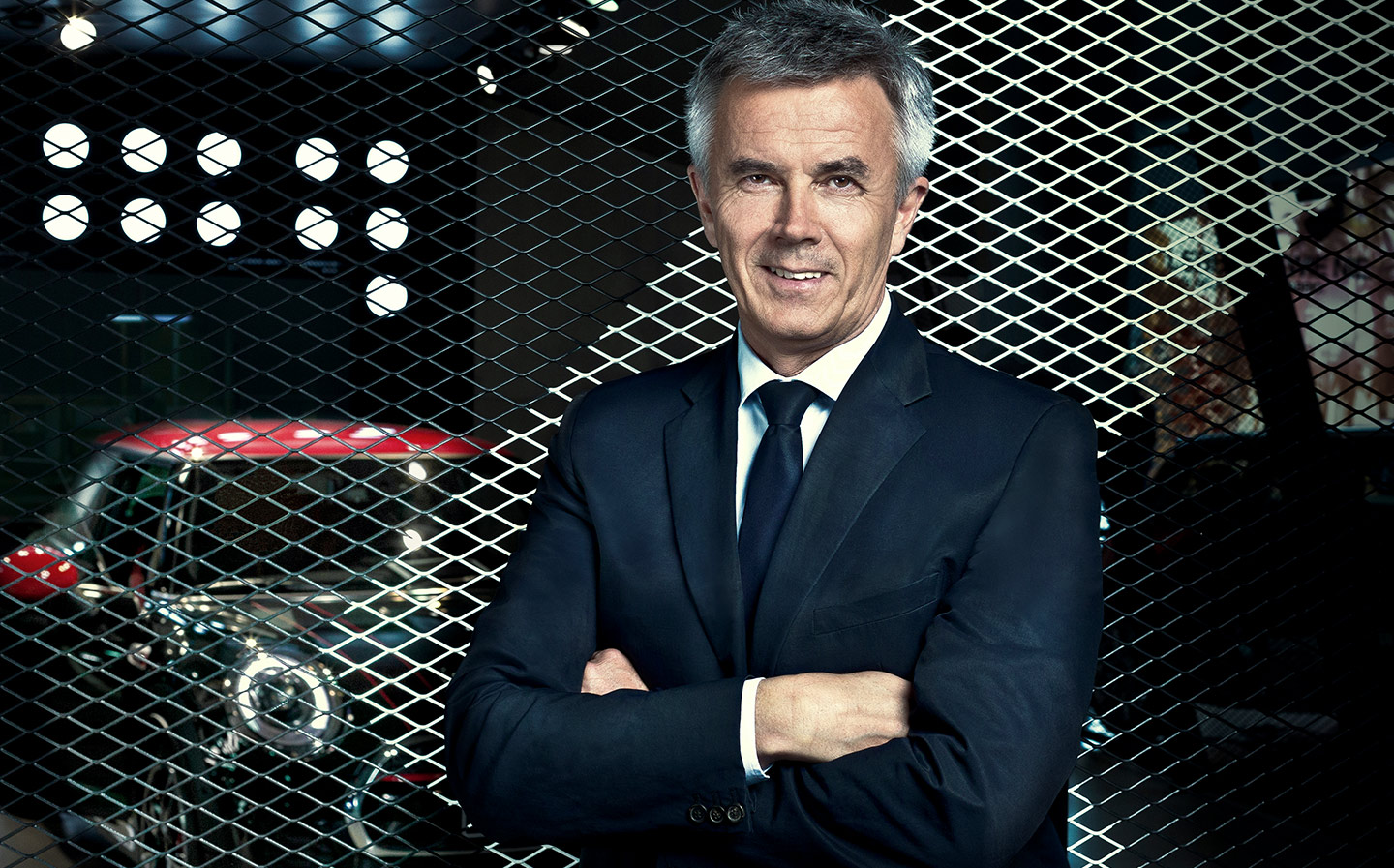BMW reminds politicians that no-deal Brexit puts MINI factory at risk
Company would not be able to "absorb the extra costs" of tariffs and border disruption
MINI owner BMW has reiterated that its Cowley factory may need to close if Britain leaves the European Union without a deal, putting 4,500 jobs on the line.
BMW had already announced plans to temporarily suspend Mini production at its UK production facility for the first week of April, to allow for any immediate disruption as a result of Brexit Day on March 29.
However, at the Geneva motor show today, Peter Schwarzenbauer, BMW’s board member in charge of the MINI brand, told Sky News that the company would need to consider moving production from the UK as it would not be able to “absorb the extra costs they would inevitably face” from a no-deal Brexit.
These costs would come from the threat of extra tariffs — potentially 10% for every car exported to the EU — and border delays on supplies of parts coming in from Europe, which often arrive at the factory “just in time” for assembly.
Mr Schwarzenbauer said: “For Mini this is really a danger. No doubt about that.”
He also told the Reuters news agency that some engine manufacturing could be lost to Austria.
The Cowley facility, known as Plant Oxford, was originally founded by William Morris in 1913 and the first classic Mini rolled off the production line in May 1959. BMW acquired the plant in 1994 as part of its purchase of Rover Group and produces five Mini models: the Hatch, Convertible, Coupé, Roadster and five-door Hatch.
MINI will mark its 60th anniversary this year by launching a pure-electric version of the iconic hatchback, which was slated for assembly in Cowley. A no-deal Brexit would change that.
Asked whether such an extension on Brexit negotiations would helpful, Mr Schwarzenbauer said: “We would need to close [the Cowley factory] anyway. For us… if there is a two-to-three month delay we would not be very happy because we need certainty in our planning processes.”
BMW has warned about the damage of Brexit on several occasions. In March 2017 a BMW spokesperson said Brexit uncertainty “is not helpful when it comes to making long-term business decisions” and that what was important for the company was that the UK’s negotiations with the EU result in “uncomplicated, tariff-free access to the EU single market in future.”
And in May that year chief executive Harald Krueger said the company had to remain “flexible” about production facilities.
Nissan has already announced that it was reversing a decision to build the X-Trail SUV at its plant in Sunderland. Although it cited a number of business reasons for its decision, including the global drop in demand for diesel engines, Nissan’s Europe chairman, Gianluca de Ficchy, said “the continued uncertainty around the UK’s future relationship with the EU is not helping companies like ours to plan for the future.”
Last month Honda said it would be closing its factory in Swindon but said Brexit was not to blame for the decision, rather the cost of retooling the factory for new electric vehicles would not make good business sense given the low volumes of vehicles produced there in comparison to plants in America and China.
However, all car makers agree that Brexit will add to their costs and make them less competitive. Earlier this year, Mike Hawes, chief executive officer of the Society of Manufacturers and Traders, said the UK automotive industry is on “red alert”.
He added: “Brexit uncertainty has already done enormous damage to output, investment and jobs. Yet this is nothing compared with the permanent devastation caused by severing our frictionless trade links overnight, not just with the EU but with the many other global markets with which we currently trade freely.”
However, Mr Schwarzenbauer said the BMW-owned Rolls Royce brand, which is based at Goodwood, would have to remain in the UK, whatever happens on March 29.
It wasn’t Brexit, Honda says, as Swindon factory closure confirmed
SMMT: Brexit uncertainty has done ‘enormous damage’ to UK car industry





